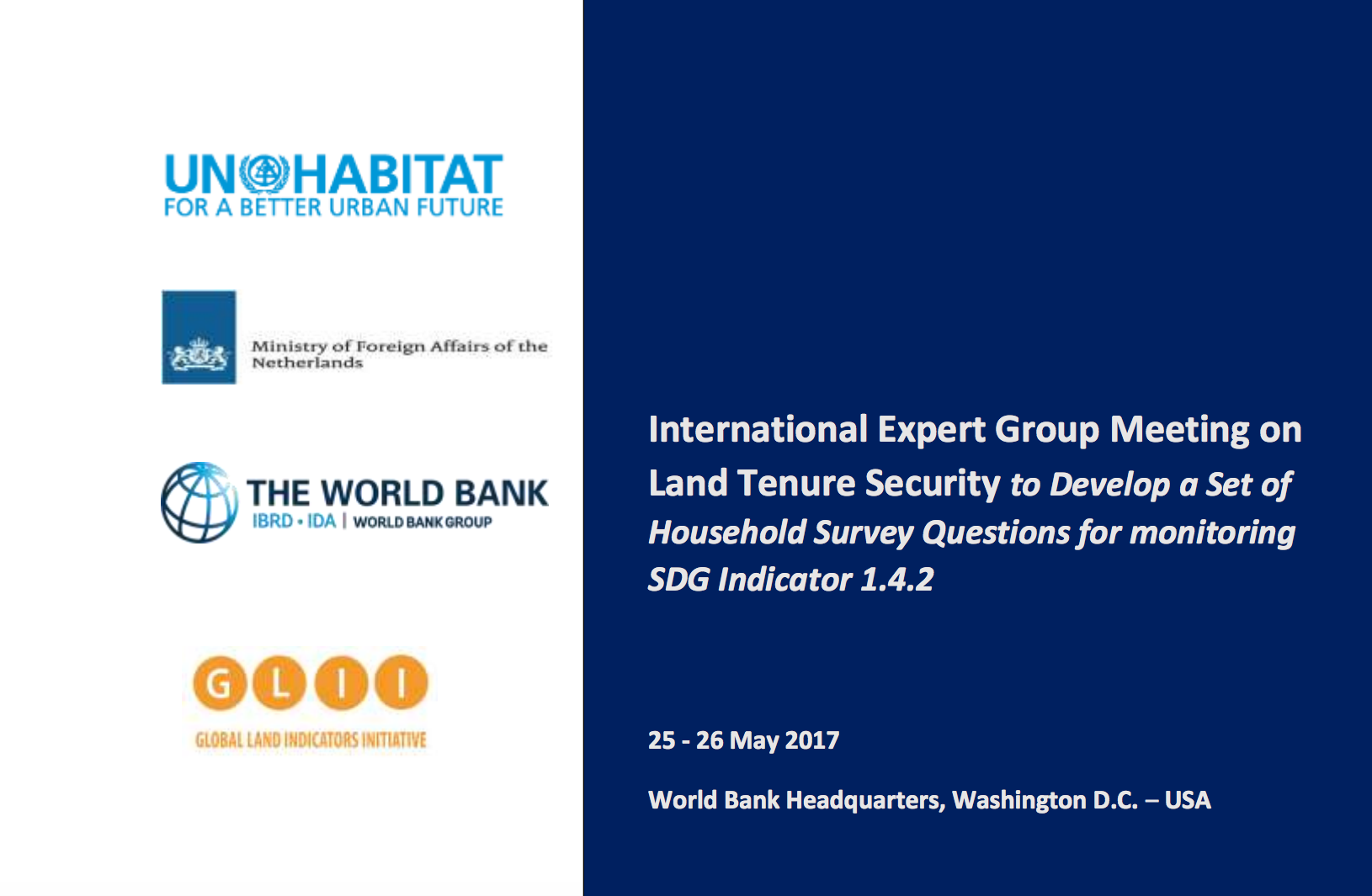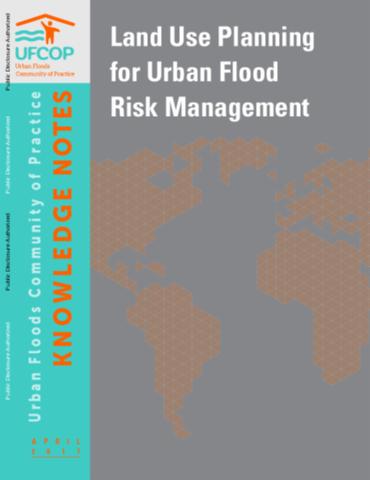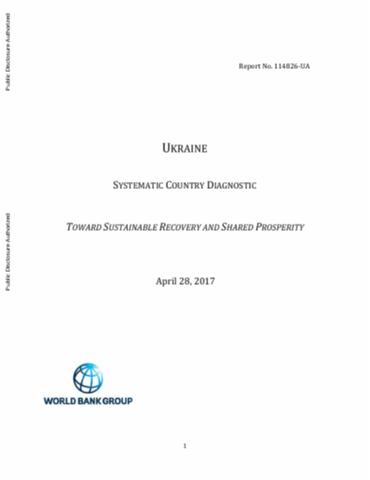The World Bank is a vital source of financial and technical assistance to developing countries around the world. We are not a bank in the ordinary sense but a unique partnership to reduce poverty and support development. The World Bank Group has two ambitious goals: End extreme poverty within a generation and boost shared prosperity.
- To end extreme poverty, the Bank's goal is to decrease the percentage of people living on less than $1.25 a day to no more than 3% by 2030.
- To promote shared prosperity, the goal is to promote income growth of the bottom 40% of the population in each country.
The World Bank Group comprises five institutions managed by their member countries.
The World Bank Group and Land: Working to protect the rights of existing land users and to help secure benefits for smallholder farmers
The World Bank (IBRD and IDA) interacts primarily with governments to increase agricultural productivity, strengthen land tenure policies and improve land governance. More than 90% of the World Bank’s agriculture portfolio focuses on the productivity and access to markets by small holder farmers. Ten percent of our projects focus on the governance of land tenure.
Similarly, investments by the International Finance Corporation (IFC), the World Bank Group’s private sector arm, including those in larger scale enterprises, overwhelmingly support smallholder farmers through improved access to finance, inputs and markets, and as direct suppliers. IFC invests in environmentally and socially sustainable private enterprises in all parts of the value chain (inputs such as irrigation and fertilizers, primary production, processing, transport and storage, traders, and risk management facilities including weather/crop insurance, warehouse financing, etc
For more information, visit the World Bank Group and land and food security (https://www.worldbank.org/en/topic/agriculture/brief/land-and-food-security1
Resources
Displaying 131 - 135 of 4907Is Consanguinity an Impediment to Improving Human Development Outcomes?
This paper uses unique data collected in rural Pakistan to assess the extent to which consanguinity, which is widespread in North Africa, Central and West Asia, and most parts of South Asia, is linked to child cognitive ability and nutritional status. As economic benefits of marrying cousins may lead to upward bias in estimates of the effects of consanguinity on child outcomes, prior work likely underestimates the negative impacts of consanguinity on child outcomes.
International Expert Group Meeting on Land Tenure Security to Develop a Set of Household Survey Questions for Monitoring SDG Indicator 1.4.2
The World Bank Group and UN-Habitat as co-custodians of the SDG Indicator 1.4.2, in collaboration with the Global Land Indicator Initiative (GLII) organized an international Expert Group Meeting (EGM) at the World Bank Headquarters in Washington D.C. from 25 -26 May 2017 in preparation for the reclassification process of the SDG Indicator 1.4.2.
Land Use Planning for Urban Flood Risk Management
This note offers policy makers and practitioners an overview of the key aspects of land use planning used to manage flood risks in cities across the world. It includes examples from developed and developing countries to provide insight into what has worked in different contexts.
State of Knowledge on Climate Change, Water, and Economics
The current state of knowledge on climate change and water points to predominantly negative effects. This paper reviews the literature on these effects by geographical region and notes the differences as well as the uncertainties. An important feature is the fact that the climate effects will occur on top of water scarcity that currently prevails in many parts of the world. The impact of climate change on scarcity is present but generally small compared to the impact of the socioeconomic factors.
Ukraine Systematic Country Diagnostic
Ukraine has tremendous potential that has not yet been reached. Ukraine is endowed with intelligent, energetic, and entrepreneurial people; extraordinary fertile land; considerable natural resources; and a geographic location at the crossroads of Europe and Asia. There is no reason why Ukraine, under the right conditions, should not be among the league of prosperous and successful nations. The circumstances today, however, are of course, still far from that ultimate target.










